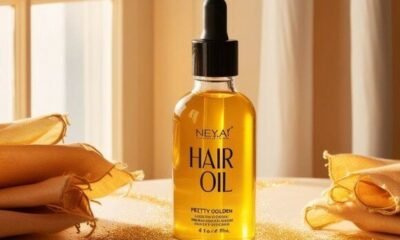Skin Care
Serums vs. Moisturizers: What’s the Difference and Which One Do You Really Need?

Let’s face it, navigating skincare these days can feel like entering a chemistry lab. You walk into a store or scroll through an online shop and boom! serums here, moisturizers there, toners, cleansers, oils, acids. You’re just trying to glow, not write a PhD thesis.
But if you’ve ever stood in front of your mirror wondering if that new serum is a must-have or just a glorified hype, you’re not alone.

One of the most confusing decisions in skincare, especially if you’re new to the game, is knowing the difference between serums and moisturizers and figuring out which one you actually need.
So let’s break it down together, real talk, no pressure, just skincare made simple.
What’s a Serum Anyway?
Think of serums as the overachievers of your skincare routine. They’re light, fast-absorbing liquids packed with active ingredients that go deep into your skin to fix specific issues.
You’ve got acne scars? There’s a serum for that.
Dull skin that needs a little “God when?” glow? There’s a serum for that too.
Dry, flaky patches that just won’t behave? Yup, serums can help with that as well.
Because they’re lightweight and not diluted with heavy ingredients like creams or oils, serums deliver more targeted results.
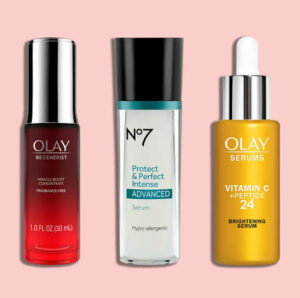
Serum
And What About Moisturizers?
Moisturizers are your skin’s comfort blanket. Their job is simple but powerful they hydrate your skin and lock in everything you’ve applied before them.
After you’ve used your serum (or not), your moisturizer helps to seal in all the goodness and protect your skin from losing moisture throughout the day.
Nigeria’s weather can be harsh, sun today, harmattan tomorrow, unexpected rain the next, your skin needs that layer of protection.
It doesn’t matter if you have oily, dry, or combination skin. Moisturizing is not optional. Your skin always needs moisture, even if you think you’re already “shining” from oil.
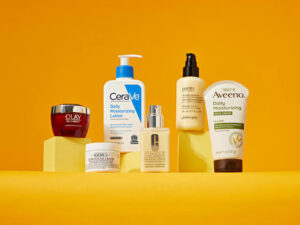
Moisturizer
So… What’s the Real Difference?
In simple terms, serums treat, moisturizers protect.
Serums are focused, like a private tutor for your skin concerns. They go in, do the heavy lifting, and handle specific issues like hyperpigmentation, fine lines, or acne.
Moisturizers are the loyal friends that stick around. They help hold everything together, ensuring your skin stays smooth, hydrated, and protected from the elements.
One targets the issue. The other locks in comfort.
Do You Really Need Both?
Short answer: Yes.
Long answer: If you’re serious about your skincare game, whether you want to glow up, clear up, or just level up, you need both.
Serums are great, but without a moisturizer to seal them in, they can evaporate or leave your skin feeling dry. On the flip side, if all you use is moisturizer, your skin might look soft on the outside but still suffer from deeper issues.
Conclusion
Skincare doesn’t need to be complicated or overwhelming. It’s not about buying the most expensive product or copying everything you see on TikTok. It’s about understanding your skin, keeping things simple, and being consistent.
Serums and moisturizers are like a good duo, one solves the problem, the other keeps things in place. And if you ask me, Nigerian skin deserves both. Our weather, our hustle, our everything, it demands care, not stress.
So whether you’re 22 or 40 and trying to reclaim that youthful glow, your skin will thank you for understanding the difference and giving it the love it truly needs.
Read Next Post: Why You’re Always Drained: 5 Unexpected Explanations for Fatigue
Skin Care
More Than Skin Deep: Understanding Acne and Taking Back Control
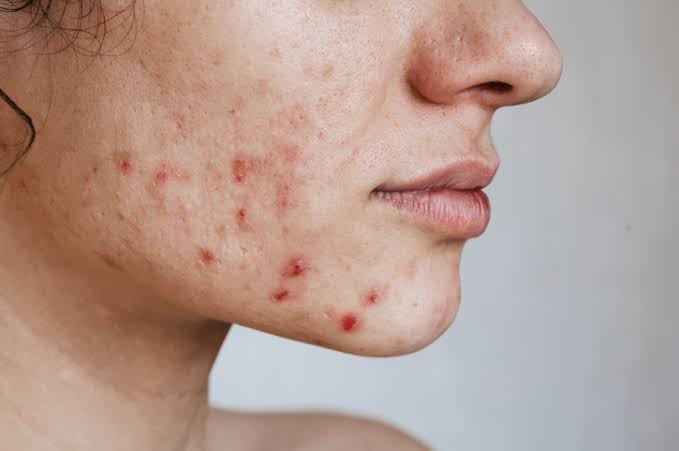
You don’t need anyone to tell you what a pimple looks like.
You’ve lived it — the sting of seeing it first thing in the morning, the subtle panic of wondering how many more are waiting to show up next. The cancelled plans. The dodged mirrors. The quiet question in your head: Why is this still happening?
If that’s you, you’re not being dramatic — you’re being human. Acne might show up on your face, but let’s be honest — it hits way deeper than that. It gets into your head. Makes you question how people see you. Makes you overthink a photo, a conversation, even going outside sometimes. People like to call it things like “blemishes” or “just a breakout,” like it’s no big deal.
But when you’re the one waking up to it every day? Trying product after product? Hiding from mirrors? Yeah… it’s a big deal. So let’s talk. Not with filters or marketing fluff. But real, honest talk about what acne is, what it’s not, and how you can take back control — one layer at a time.
First, Let’s Clear Something Up
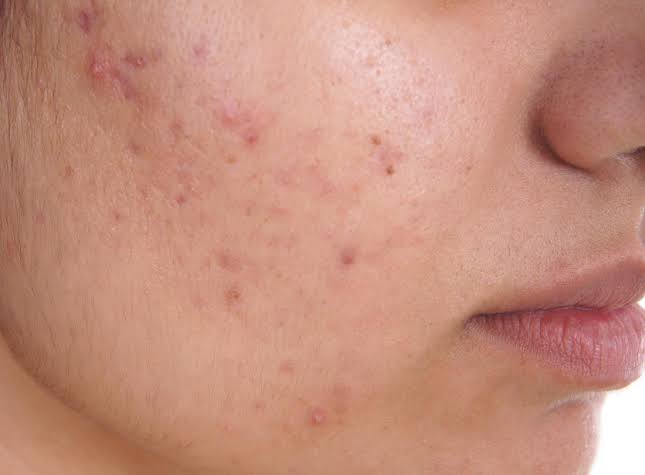
Acne might show up on your face, but let’s be honest, it hits way deeper than that. It gets into your head. Makes you question how people see you. Makes you overthink a photo, a conversation, even going outside sometimes. People like to call it things like “blemishes” or “just a breakout,” like it’s no big deal.
But when you’re the one waking up to it every day? Trying product after product? Hiding from mirrors? Yeah… it’s a big deal.. You start wondering if your body is broken. You scan other people’s faces, comparing skin like it’s a competition you didn’t ask to enter. And all of that can leave you feeling defeated, small, and invisible — or worse, hypervisible.
So, What’s Going On Beneath the Surface?
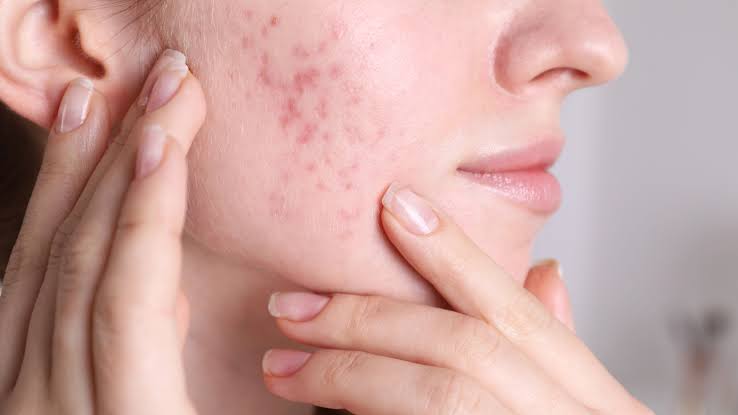
Let’s simplify what’s actually happening.
Your skin has pores. Inside those pores, there are oil glands that produce sebum — a natural oil meant to keep your skin healthy and hydrated. But when your body starts overproducing that oil (thanks, hormones), and dead skin cells don’t shed the way they should, things get stuck. Add in some bacteria, and suddenly, you’ve got inflammation, swelling, and all kinds of acne showing up:
Blackheads and whiteheads – the non-inflamed kind
Papules and pustules – those red, angry spots
Nodules and cysts – deep, painful, long-lasting breakouts
Different people get different types, but the pain (physical and emotional) is often the same.
The Real Triggers
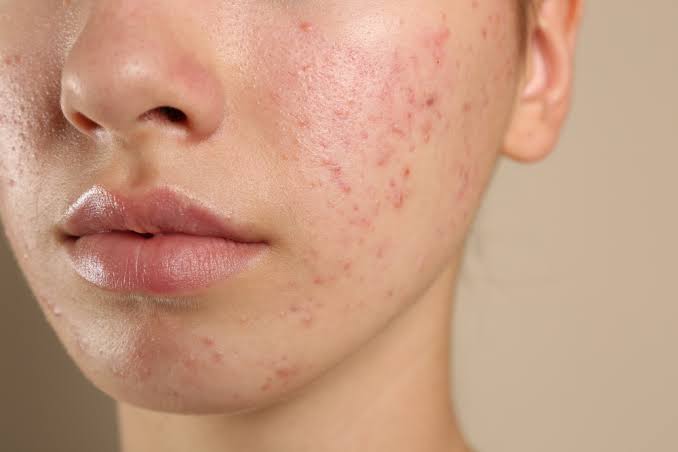
There are so many myths around what causes acne. “You’re not washing your face enough.” “It’s because of chocolate.” “You need to detox.” Most of it? Misinformation.
Honestly? There’s no single reason.
And if someone tells you, “Oh, it’s just because you eat too much chocolate” or “You’re not washing your face enough” — they’re probably just guessing.
Acne isn’t that simple. It’s usually a mix of things working together behind the scenes — things you might not even think of at first. And half the time, it feels like your skin is reacting to stuff you can’t even control. But here are a few of the usual suspects — the ones that tend to stir things up when your skin decides to freak out.
Hormones
Those things are no joke. Whether you’re going through puberty, dealing with your period, pregnant, or stressed out of your mind — hormones can flip the switch on your skin without warning. One week you’re fine, the next you’re breaking out like you’re 15 again.
Genetics
Sometimes, it’s in your DNA. If your parents struggled with acne, chances are your skin is wired to be a little more sensitive too. Not fun, but it helps to know it’s not your fault.
Stress
You can feel totally fine on the outside, going to work, replying messages, doing your thing — but your skin has a way of calling you out. It knows when you’re not okay, even if you haven’t said it out loud. Stress quietly messes with your hormones, especially cortisol, and before you know it,your face decides to join the chaos.
Too Much Skincare

Yes, too much. We’ve all done it — added five new products at once, switched routines because someone on TikTok said it worked overnight. But layering on too many actives, acids, and treatments can wreck your skin barrier. Instead of helping, it just makes your skin more irritated and prone to breaking out. Sometimes less really is more.
Diet – For some, things like sugar, dairy, or highly processed food can be a trigger — but not for everyone.
Environment – Heat, humidity, pollution, even your pillowcase and phone screen. So, no — acne isn’t always about what you ate or whether you cleansed enough. Sometimes, it’s just how your skin is wired to react.
What Can You Actually Do?
When your skin’s breaking out, the first instinct is to throw everything at it. New product, new routine, new panic. But honestly? Less is better. Healing takes time, and your skin needs space to breathe.
Conclusion
You don’t need a full shelf of products. Just start with the basics: A gentle cleanser (nothing harsh or drying)
A moisturizer that keeps your skin calm and supported, a treatment that targets acne (like salicylic acid or benzoyl peroxide)
And yes, sunscreen — even if your skin’s oily, stick with it for a few weeks. Don’t keep switching things. Your skin’s not a science experiment, it needs consistency.
Read Next Post: 5 Viral Foods You Really Need to Taste in Dubai
Skin Care
8 Summer Beauty Hacks

Summer beauty can be a battle due to the hot weather. Between the scorching sun, sweaty skin that feels like it’s sliding off your face with makeup seemingly vanishing before noon. One thing you know during this season is that it takes more than your usual routine to look fresh, feel comfortable, and protect your skin. But it also doesn’t have to be complicated.
In this article I’ll walk you through 8 summer beauty hacks that truly work and keep you radiant all day.
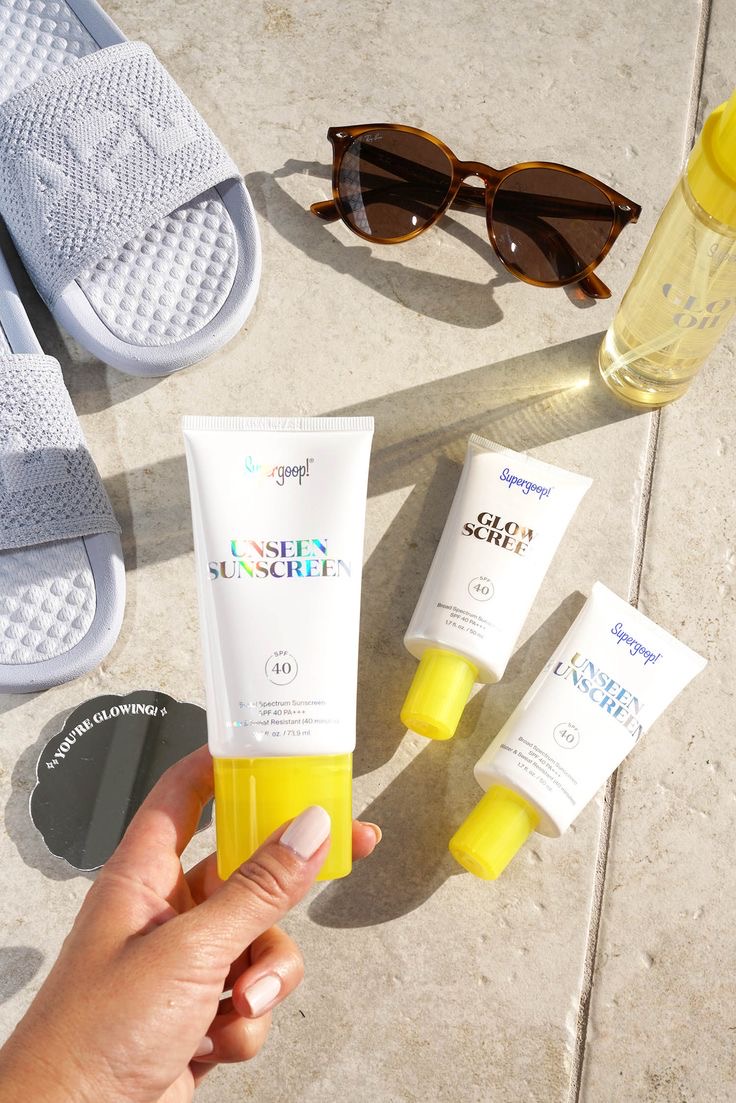
SPF for hot days – Pinterest @glowgirl
A Glowy + Protective Sunscreen
Skip thick foundations and welcome a glowy sunscreen that feels like skincare. Formulas like Supergoop! Glowscreen SPF 40 or Innisfree Daily UV Defense SPF 36—they hydrate, offer broad-spectrum SPF 30–50, and leave a dewy finish that works solo or under makeup. Opting for a feel-good SPF boosts the chance you’ll actually reapply—and that’s non-negotiable under the sun.
Blotting Sheets & Powder for Shine Control
This is a plus you should have in your purse, because sweat can sometimes sneak to your T-zone area especially during the midday. So instead of using power which can cake, use blotting sheets first to absorb excess oil without disturbing your makeup. Then dust light with a translucent setting powder for a fresh matte but not flat finish. This is the secret to keeping your skin looking clean and not greasy, especially in pictures.
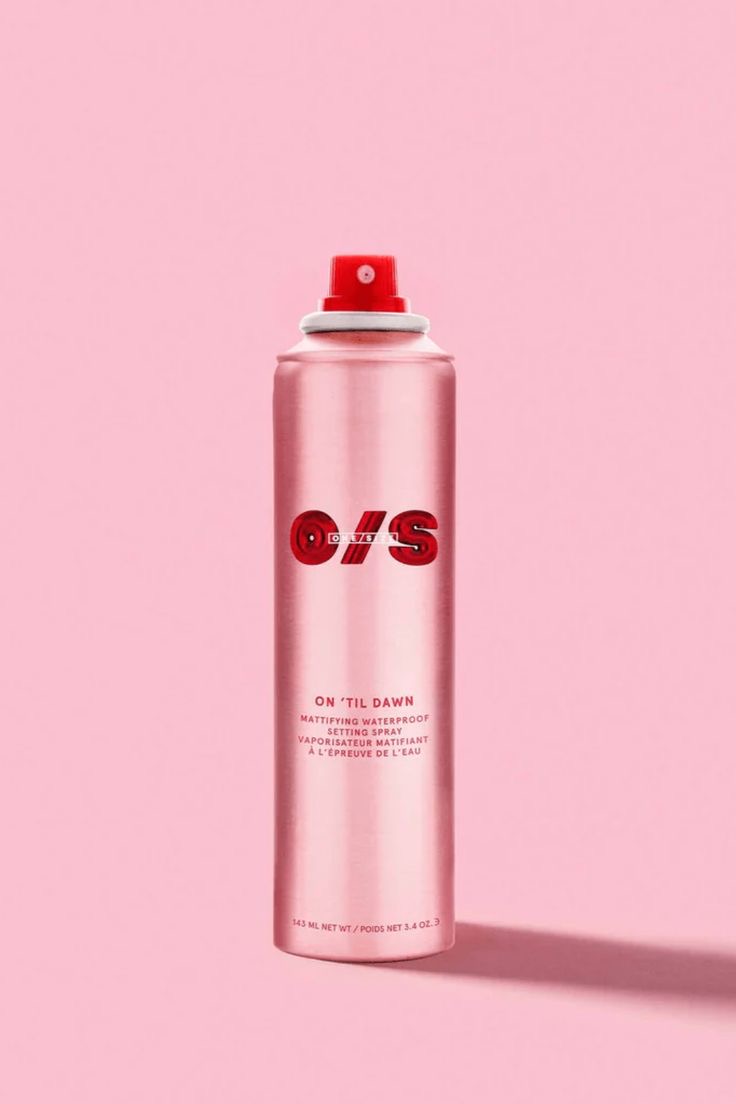
Setting sprays for summer days
Swap Heavy Makeup for Tinted Balms & Setting Sprays
Heat and sweat make full face makeup a disaster zone. Instead, reach for tinted balms, gel blushes, and cream bronzers—they’re skin-like, blendable, and sweat-resistant. Finish with a hydrating setting spray or SPF mist; bonus points if it’s waterproof. This combo stays fresh even on humid afternoons.
Double-Duty: UV + Skincare in One
Layering heavy skincare in summer? Swap it for multitaskers that hydrate and protect in one. Think aloe-infused gels, hyaluronic-acid serums, or vitamin-C SPFs. Skin stays dewy, defenses stay strong—without weighing you down.
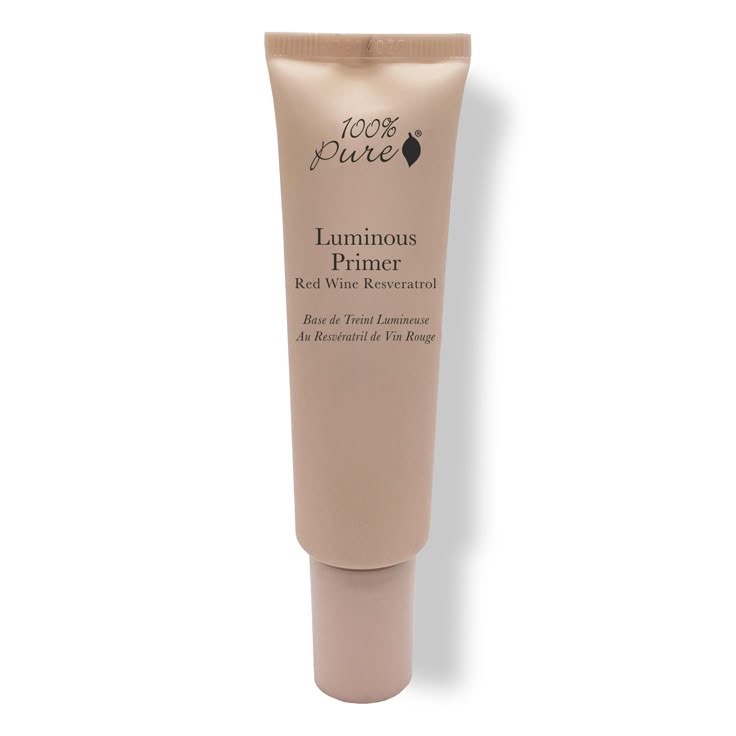
Light weight Primer
Light-Weight Primer Is Non-Negotiable
Primer isn’t just for makeup—it seals in hydration and smooths your canvas. Apply a thin layer after moisturizer and before foundation or tinted sunscreen. Let it sink in fully to lock everything in place, helping youe makeup and sunscreen, last through sweat and shine.
Gel Gloss for Instant Hydration & Style
Lip gloss isn’t just fun—it’s summer functionality. Gel gloss with SPF gives you that 90s shine, full-lip hydration, and UV protection in one sweep. Choose a hydrating tint in a berry or coral color for youthful, sun-ready energy. It’s your purse-ready pick-me-up.
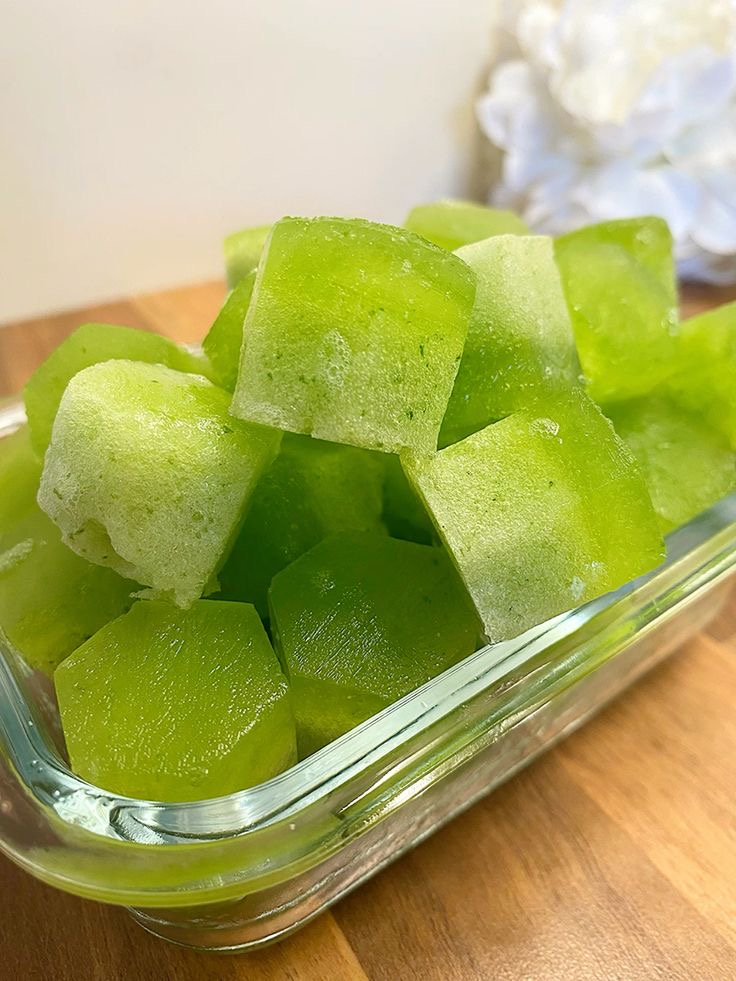
Have a refreshing calm with Aleo Vera Ice cube
Aloe-Vera Ice Cubes & Scalp SPF
Cool your skin and calm heat rash with DIY aloe vera ice cubes—freeze aloe gel in trays and swipe gently on your face post-sun. And for exposed scalp? Use SPF scalp spray or a chic wide-brimmed hat for serious sun defense.
Refresh With Water-Based Mists
Swap heavy creams for lightweight water mists or essence sprays. Keep one in your bag to use midday—for instant cooling and renewed hydration without ruining your glow. Bonus points for antioxidant-rich sprays (Use cucumber, green tea, or vitamin-C).
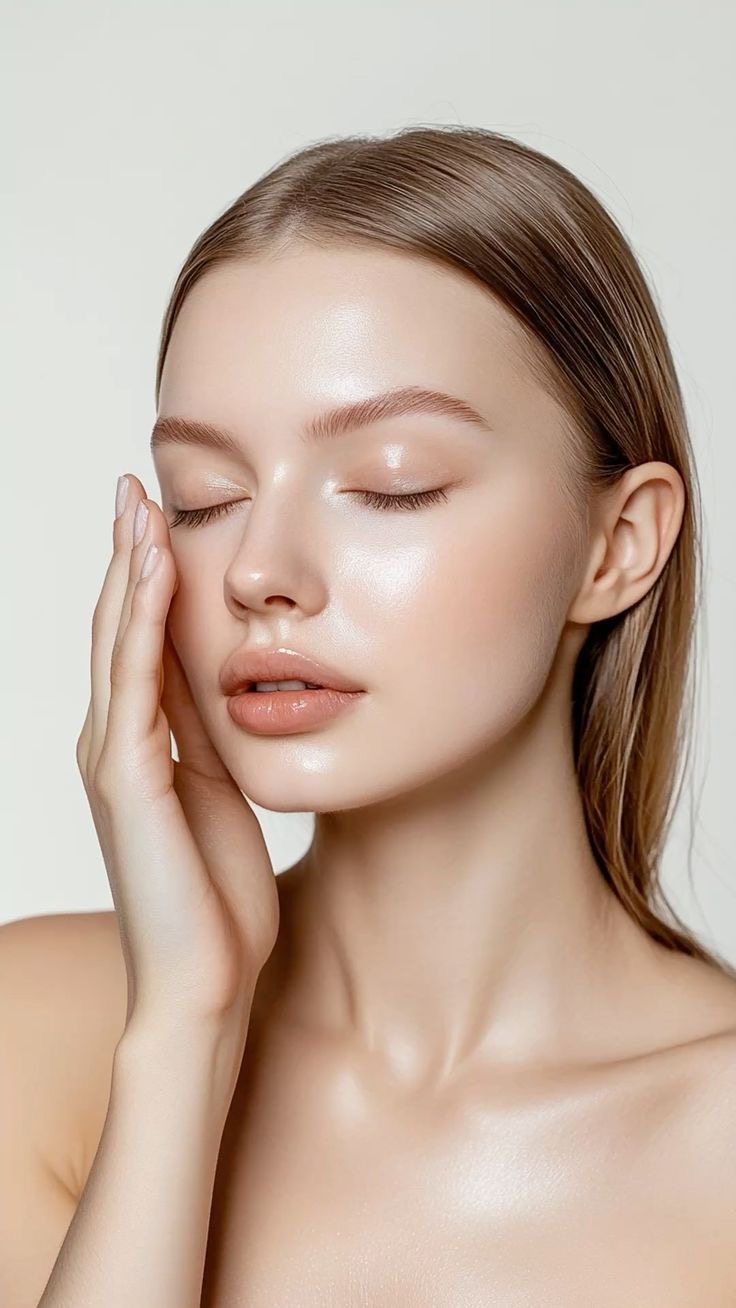
Glow all through summer
In Conclusion
One thing you should never do during summer is piling on products, using simple multitasking essentials kits that protect and enhance. Your most important item should be sunscreen. Follow the steps in the article and let your skin shine all day.
don’t miss: Berry-Stained Lips: Summer’s Sweetest Beauty Trend
Skin Care
Salmon DNA Facials: The New Secret to Glass Skin
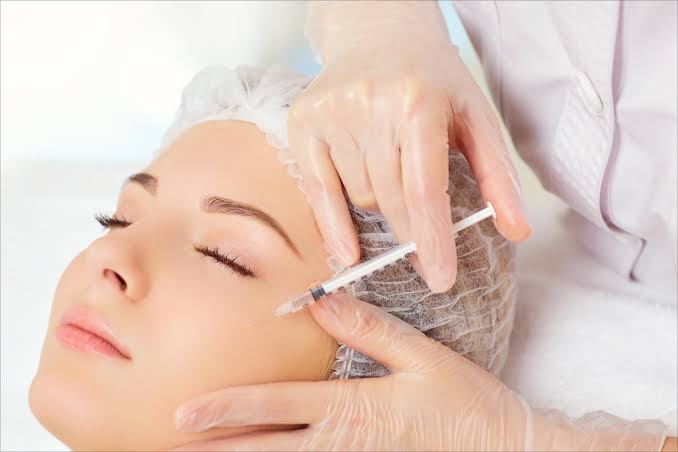
Skincare trends come and go, but once in a while, something shows up that sounds completely wild — and actually works.
Right now, that thing is the Salmon DNA facial.
It may sound strange at first (and yes, it really involves salmon), but this treatment is quietly becoming one of the beauty world’s most promising new ways to get smoother, firmer, and clearer skin — the kind people describe as glass skin.
So what’s really behind it? And should you care? Let’s break it down.
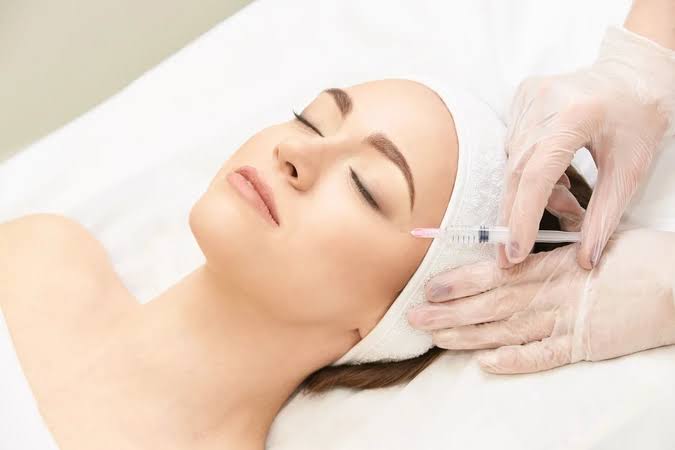
What Is a Salmon DNA Facial?
The star of the show here is something called polynucleotides, which, believe it or not, are taken from salmon sperm. Yeah, sounds weird — but there’s real science behind it.
So here’s the deal. Polynucleotides are already found in your body. They’re not some foreign ingredient.
When used in skincare, they don’t try to replace anything — they just help your skin do what it’s naturally supposed to do: repair itself.
If your skin’s been through stuff — breakouts, dullness, dryness, whatever — this gives it a bit of support to recover. That’s really all it is. Nothing fancy. Just your skin getting some help to bounce back.
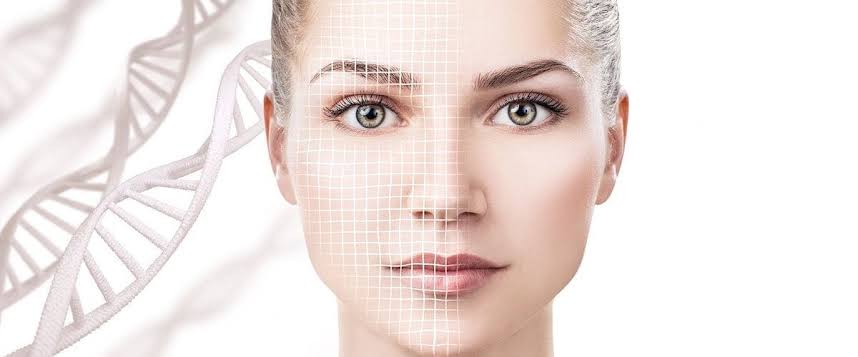
So why salmon? It turns out their DNA is actually very similar to ours, which makes it easier for our skin to recognize and respond to the treatment. In simple terms, your skin sees it as something helpful — not foreign.
Why People Are Talking About It
Here’s the deal: the goal of the Salmon DNA facial is to help your skin look healthier, not just temporarily glow.
It’s not a quick fix or a gimmick — it’s a treatment that focuses on healing your skin from the inside out.
People who’ve done it say they notice:
Softer, smoother texture
Less redness
A fresher, more even glow
Fewer fine lines
And over time, a real difference in tone and firmness
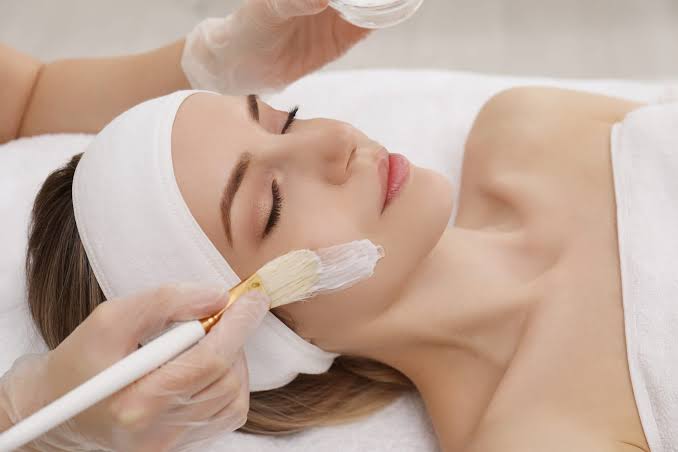
How It’s Done
There are two ways the treatment is done:
- As a facial — the DNA-rich serum is applied to your skin after gentle needling or light therapy to help it sink in.
- As an injectable, this version goes deeper and is often used in clinical settings.
If the idea of needles makes you nervous, the facial version is a softer option with slower but still visible results.
Is It Safe?
As long as it’s done at a proper clinic, yes — it’s safe. What they use is cleaned, refined, and made specifically for skincare use.
It’s not raw or risky. Most people don’t have issues with it, but like anything going on your skin — especially if it’s being injected
you want someone who knows exactly what they’re doing. So no DIY kits, and no back-alley spa stuff. Go where the pros are.
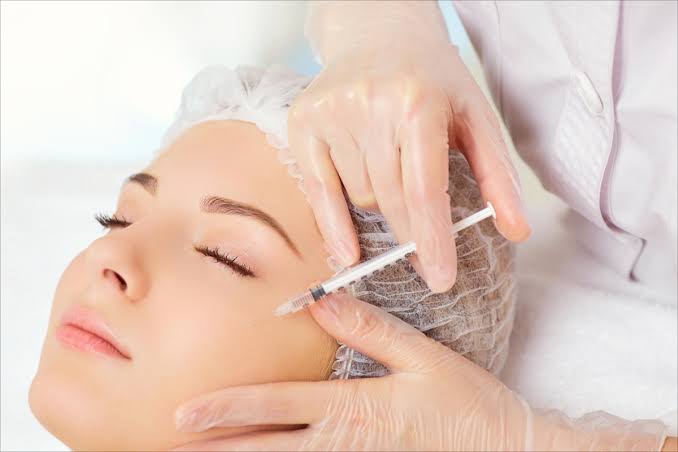
How Often Do You Need It?
Like most things in skincare, it’s not a one-and-done treatment.
Some people do it once a month as part of their glow-up routine, while others do a few sessions spaced out over a few weeks and then maintain as needed.
The results are subtle at first but tend to build up — the kind of improvement that sneaks up on you and suddenly, one day, someone says, “Your skin looks amazing.”
Conclusion
At first glance, Salmon DNA facials sound like just another skincare buzzword. But dig a little deeper, and it’s actually a clever mix of science and nature.
And it’s all about helping your skin heal, rebuild, and bring back its natural clarity.
Read Next Post: Top Pizza Rated Places You must Try
-

 Fashion2 months ago
Fashion2 months agoJennifer Lopez in Saree at Netra Mantena’s Wedding in Dubai
-

 Top Xclusiv3 months ago
Top Xclusiv3 months agoAriana Grande Brings Vintage Hollywood to the Wicked: For Good Paris Premiere
-

 Entertainment4 months ago
Entertainment4 months agoEddie Murphy Peels Back the Curtain in New Documentary Trailer “Being Eddie”
-

 Movies3 months ago
Movies3 months agoThe Devil Wears Prada 2″ Unveils First Teaser Trailer With Meryl Streep, Anne Hathaway
-

 Fashion5 months ago
Fashion5 months agoRahaf Alharbi Glows Like a Golden Goddess in Rami Kadi Couture
-

 Entertainment1 month ago
Entertainment1 month agoChris Evans Returns as Captain America in Avengers: Doomsday, Signaling Marvel’s Next Multiverse Chapter
-

 Fragrance4 months ago
Fragrance4 months agoKayali Launches its First Official Website, Marking a New Era for the Dubai Born Brand
-

 Top Xclusiv2 months ago
Top Xclusiv2 months agoKim Kardashian Tears Up, Says Kanye West Once Accused Her of Faking the 2016 Paris Robbery





